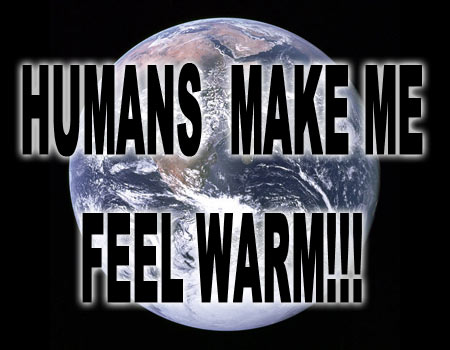Scientific climate summit ends with calls for more action
 Copenhagen - Researchers from over 70 countries ended a three-day meeting Thursday on future threats of global warming including rising sea levels.
Copenhagen - Researchers from over 70 countries ended a three-day meeting Thursday on future threats of global warming including rising sea levels.
Potential threats discussed included acidification of oceans and reductions of glaciers and ice sheets causing sea levels to rise.
The effects of higher temperatures could also change weather systems and precipitation causing climate refugees.
A group of researchers from the University of Cambridge in England said there was a case for more joint international efforts.
"The current global financial crisis must be seen as a timely stimulus to tackling climate change, not a hindrance," said Terry Barker, director of Cambridge Centre for Climate Change Mitigation Research (4CMR).
"There is some evidence that harder greenhouse gas targets and regulation may actually increase benefits through improved innovation and distribution of low carbon technologies, and increased revenues from taxes or permits," he said in remarks to the conference.
The meeting was part of the run-up to the UN Climate Change Conference that Denmark is to host in December. The conference aims to seek an agreement on a new international treaty to succeed the Kyoto Protocol on curbing greenhouse gas emissions.
The meeting was attended by among others Rajendra K Pachauri, chairman of the United Nations climate body the Intergovernmental Panel on Climate Change (IPCC), that shared the 2007 Nobel Peace Prize for work on climate change.
Some 600 million people are estimated to live in low-lying regions at risk during flooding.
A country like Japan could be impacted by stronger winds and storms, which could potentially force ports to close more often.
The effect would result in a drop in the country's GDP, according to Miguel Esteban, Postdoctoral Fellow at the United Nations University Institute of Advanced Studies. (dpa )